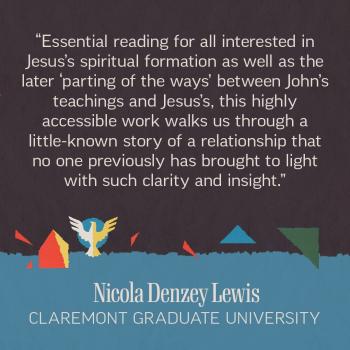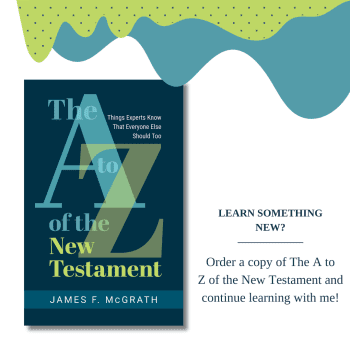There will be an interesting conference at Rice University this week:
GNOSTIC COUNTERCULTURES: INTRIGUE AND TERROR (RICE UNIVERSITY, HOUSTON, 26-28 MARCH)
Upcoming in Texas, a taste of something completely different: “Members of this congress will explore the Gnostic in Western culture from the ancient world to the modern New Age, tracing the emergence, persistence, and disappearance of metaphysical religious currents that are perceived to be countercultural, inverted, transgressive and/or subversive in their relationship to normative religion and their claim to knowledge. The main purpose of this interdisciplinary conference is to unlock the Gnostic from its cage in the ancient world and to challenge the prevailing academic opinion that the Gnostic is a useless category because it reifies as heretics people who were simply “alternative” devout Christians.” Speakers include (in order of appearance) April DeConick, Grant Adamson, Dylan Burns, John Turner, Zeke Mazur, Gregory Shaw, Michael Kaler, Fritz Graf, Kocku von Stuckard, Mark Pegg, Lautaro Lanzillota, David Litwa, Victoria Nelson, Erik Davis, Mark Pilkington, and Wouter Hanegraaff. For details, see here.
I had been meaning to post about this for a while, ever since the Weststar Institute shared an article about the pros and cons of using the term “Gnosticism.” This was just one of several interesting pieces which the Westar Institute recently shared and circulated.
See also Tony Burke’s reflections on teaching Gnosticism. Here is a link to part one but there are many more.
Philip Jenkins has had an entire series, including “Dating the Gnostics,” “The Gnostics and Other Christians,” and “Gnostics after the Temple.” Jim Davila shared some of his own thoughts in response to one of Jenkins’ posts.
Tuomus Rasimus reviewed a new book about Gnosticism, Dylan M. Burns’s Apocalypse of the Alien God: Platonism and the Exile of Sethian Gnosticism. Philip Jenkins blogged about it last year.
Of related interest, do note Judy Redman’s recent article on oral tradition and the Gospel of Thomas.
My own thoughts on the terminology and the origins of Gnosticism are shaped by my work on the Mandaeans. That name, most scholars are persuaded, essentially means “Gnostics.” And the probable Jewish origins of Mandaeism, considered with the evidence that other Gnostic groups were not just concerned with a Demiurge but specifically with the depiction of the creator God in Genesis, persuades me that Gnosticism as a whole emerges from Judaism, as a solution to the problem of evil and of the disconnect between the Bible’s depictions of God and the philosophical-mystical view of God as supremely perfect and transcendent.













